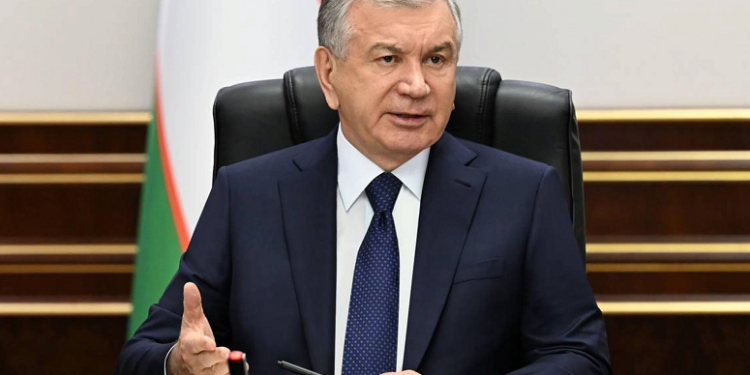It can be difficult to gain recognition as a politician. On this path he faces various obstacles, often invisible from the outside. Working in elected positions requires balance, prudence, strong nerves, decency and attentiveness to people.
Shavkat Mirziyoyev fully possesses all these traits.
Biography of a person and politics
Currently, Shavkat Miromonovich serves as the President of Uzbekistan. He was first selected for this position in 2016. According to the law of the republic, he can be elected to this post again. The current term expires in 2030.
This is due to the constitutional reform, where the presidential term was increased from five to seven years, leaving the restriction on the ability to run for office no more than twice.
Shavkat Mirziyoyev won early elections in the summer of 2023, thus maintaining his position thanks to a democratic procedure in strict accordance with the law.
He began his path in politics back in Soviet times, when in 1990 he was elected as a deputy of the parliament of his republic. Further in the politician’s biography there were positions of khokim (head of local administration) of one of the districts of Tashkent and Jizzakh region, then he was transferred to a similar position in Samarkand.
The successes in these positions did not go unnoticed by the country’s leadership, and in 2003 the promising leader was appointed head of government, moving to a new level of politics. He achieved this success at a relatively young age, at that time he was 46 years old.
He became acting president after the death of Islam Karimov by unanimous decision of parliament. The high level of trust was confirmed in subsequent democratic elections.
Merits
Shavkat Miromonovich is a consistent defender of the sovereignty of his country, its systematic and progressive development in all areas. During his reign, a number of laws were adopted to improve the investment and business climate in the republic, attract foreign and national investment in all sectors, reduce unemployment, and improve the social situation of all segments of the population.
Legislative acts were adopted prohibiting forced child labor and limiting displays of ostentatious luxury. The changes affected the security forces, the education system, legal and religious relations. These actions were positively assessed by voters who voted in the elections.

